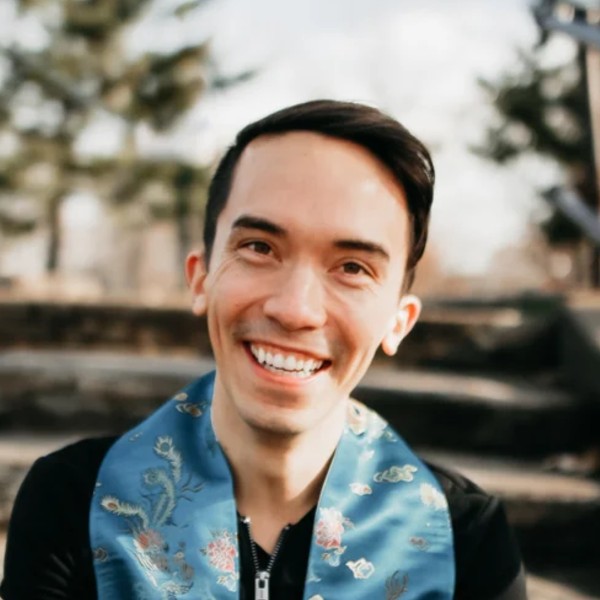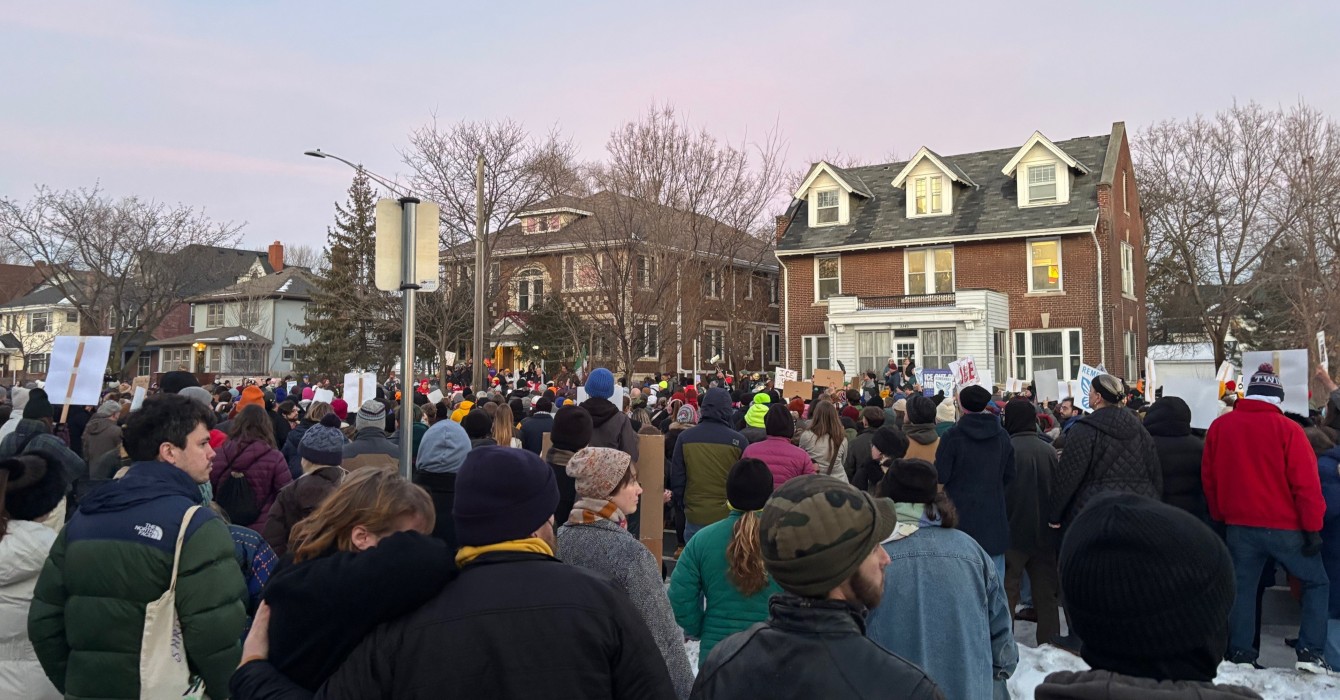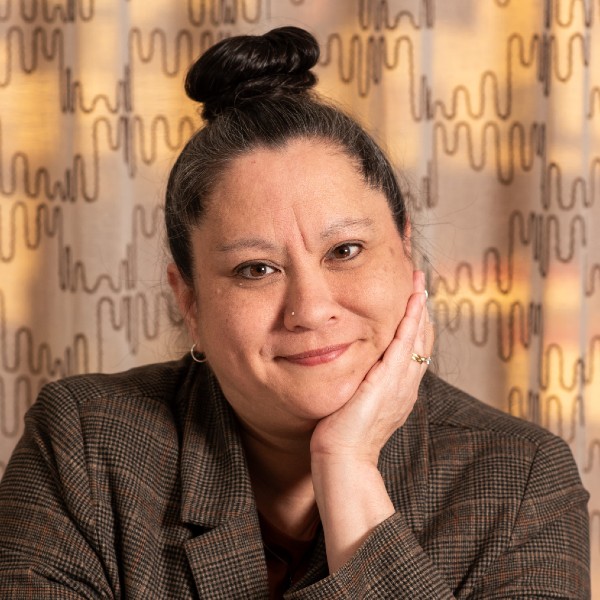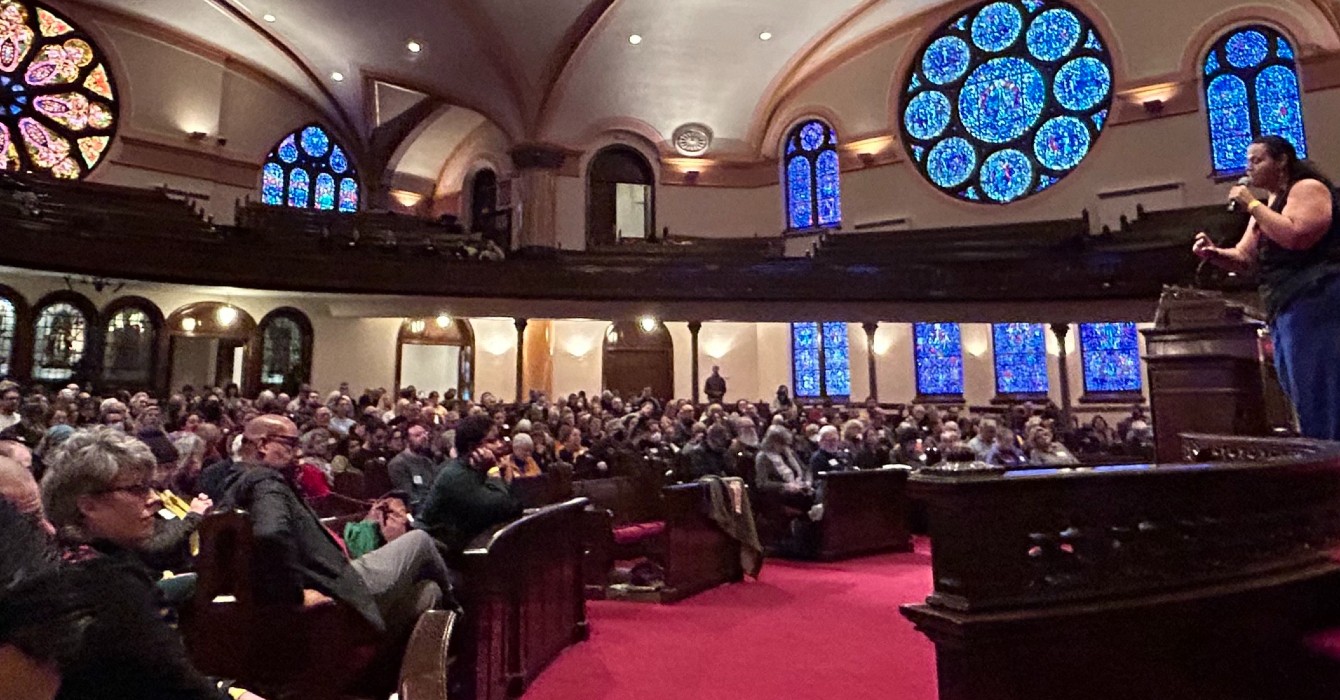It is almost a truism to say that we live in the most anxious of times. A few brush-strokes can show this:
• The structures that shape society show stress fractures from top to bottom.
• Institutions long taken for granted suddenly are subject to renegotiation.
• Even the meanings enshrined in basic social frameworks of mutual obligation governing families, marriages, religions and morality, are up for grabs.
• Hallowed assumptions about the most basic of loyalties and allegiances, what it means to be a citizen, is subject to the most radical new questions.
• Innovative technologies are leading to an explosion of previously unimagined information sources, unsettling long-established spheres of authority.
• Reports of violence multiply around the globe.
• Militant Islamic forces are perceived as threatening Western culture.
• “Common ground” has become a contested notion as society orients itself increasingly into opposing political, religious and ideological camps.
• It is a time of unprecedented anxiety.
Oops!
I’m sorry. I just gave you my notes summarizing Europe in the years leading up to the Protestant Reformation in the sixteenth-century.
We do indeed live in a time of anxiety. But it is not unprecedented anxiety. Most every age believes its time is the most difficult in history. While it is natural to feel anxious when threatened, anxiety can paralyze us, limit our range of vision and options, and constrain our imaginations. The best antidote to anxiety is perspective. But chronically anxious people have chronically limited perspectives. Anxiety tends to make us retrench, draw-back, retreat and freeze at the very moments when we most need to explore.
Recently some analysts of our culture described the peculiar variety of anxiety, the generalized anxiety we are experiencing, as “free floating anxiety.” It is anxiety not necessarily attached to any specific concern, but rather it floats around, attaching itself first to this situation and then to another. It’s like a virus: highly contagious, and unaffected by antibiotics. About the only effective counter-measure we can take to “free floating anxiety” is to build up our immune systems – and wash our hands frequently. I’m not being entirely facetious.
There is something else we can do as leaders, however. We can find the courage to risk adventure.
The late Edwin Friedman, in his posthumously published book, “A Failure of Nerve: Leadership in the Age of the Quick Fix,” observed: “Any renaissance, anywhere, whether in a marriage or a business, depends primarily not only on new data and techniques, but on the capacity of leaders to separate themselves from the surrounding emotional climate so they can break through the barriers.” We do not suffer from a poverty of information, according to Friedman, but from a lack of courage. The solution to what ails us is not to discover a new technique for leadership, but to recover a sense of adventure. Sometimes, as Friedman might have put it, you have to sail due west to “discover” the East – and along the way you will also discover that the earth is round. And that changes everything. He called it “adventurous leadership.”
Imagine, if you will, what would have happened if the sense of adventure that brought us the Renaissance and the Reformation had not triumphed over the virus of sixteenth-century anxiety that held the world in its stagnant, fearful grip: Another Dark Age? Another “Bonfire of the Vanities”? It could have happened. There’s no reason to assume the inevitability of progress. Remember: after the fall of Rome we forgot how to mix concrete and flush a toilet for a millennium!
The first step to providing leadership in an era of anxiety is simply to avoid catching the virus that has laid society and church low.
The second step is to embrace adventure.
We’ve done it before. Who would have imagined that a sixteenth-century German monk could have changed the world by nailing a list of debating points to a church door? Or, that an eighteenth-century Oxford-educated minister could revolutionize the church while preventing a potentially bloody social revolution preaching from the back of a horse?
The list of past adventures in church leadership could go on and on. It must.
Michael Jinkins is Academic Dean and Professor of Pastoral Theology at Austin Presbyterian Theological Seminary.







